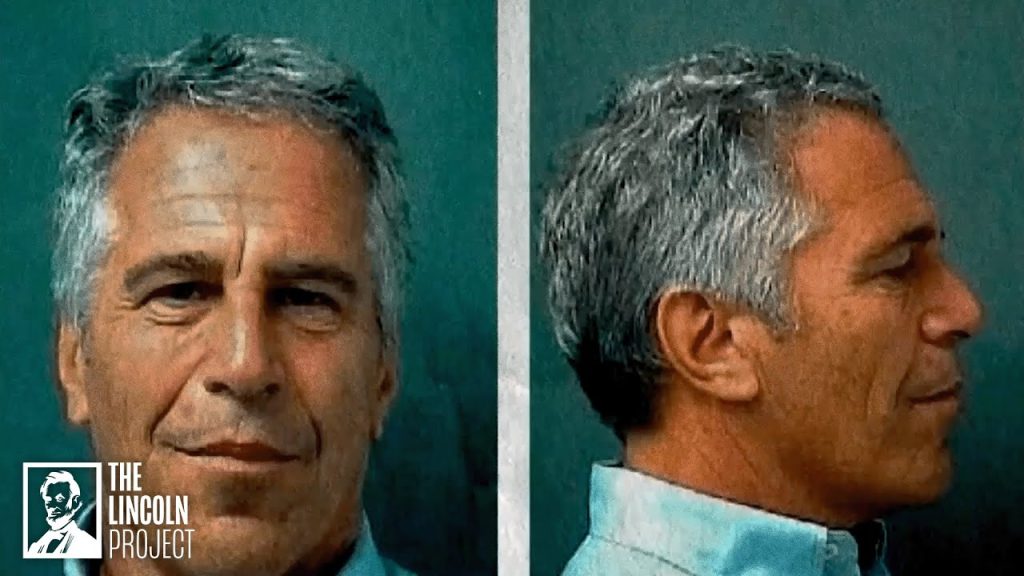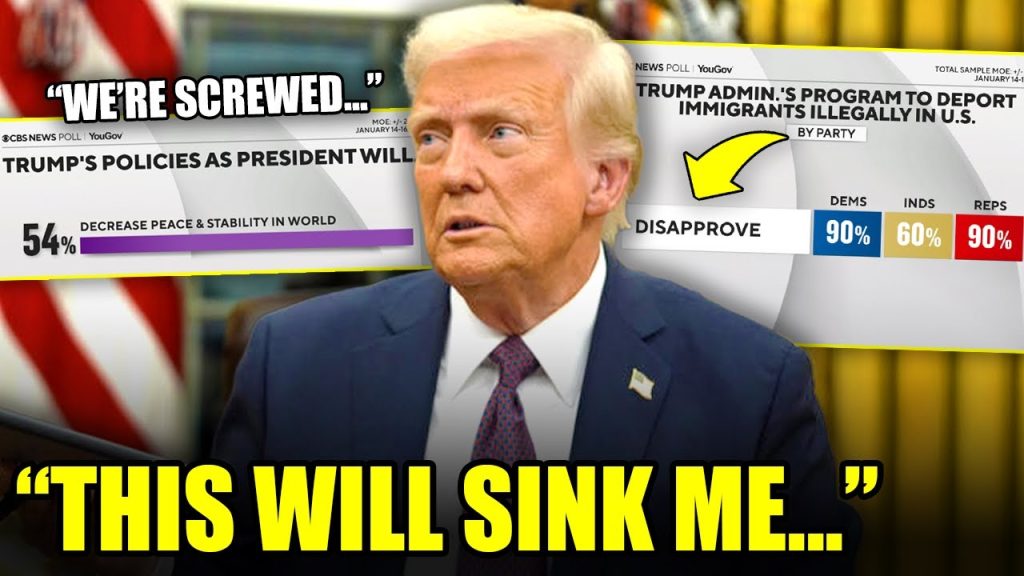The title “Distract” evokes immediate reflection on the growing phenomenon of political diversion tactics employed by various actors in the modern landscape. In a climate where information flows incessantly and public attention is a prized commodity, the concept of “distraction” takes on new significance as a tool wielded to shift focus away from critical issues or uncomfortable truths. Whether through media narratives, political rhetoric, or social media campaigns, distractions can influence public perception and disrupt constructive dialogue.
In recent years, the strategic use of distraction has become a notable feature in political contexts worldwide. Governments, political parties, and interest groups may attempt to redirect public discourse away from scandals, policy failures, or contentious debates toward more benign or sensational topics. This tactic often involves amplifying divisive cultural issues, orchestrating controversies, or emphasizing less consequential news, creating a smokescreen that obscures substantive policy discussions.
The backdrop to this practice includes the rise of digital media platforms that enable rapid dissemination and viral spread of information — and misinformation — often bypassing traditional journalistic gatekeepers. As a result, audiences face challenges in discerning priority issues from peripheral noise, complicating democratic accountability and informed citizenship. Moreover, the 24-hour news cycle’s demand for constant engagement incentivizes attention-grabbing content that may not align with public interest.
Historically, distraction as a political strategy is not new; however, its scale and impact have intensified with technological advancements and evolving media ecosystems. Political analysts and scholars study these patterns to understand how distractions shape electoral outcomes, policy debates, and social cohesion. Recognizing when and why distractions occur equips citizens to critically assess political messaging and fosters resilience against manipulation.
As political environments continue to evolve, the conversation around distraction underscores the necessity for media literacy, transparency, and responsible communication. Engaging with diverse, credible sources and maintaining a focus on verifiable facts remain essential strategies to navigate the complex interplay of information and influence in today’s political arena.
Where to Learn More
- Brookings Institution – In-depth research on political communication and public discourse
- Council on Foreign Relations – Analysis of global political developments and media strategies
- Poynter Institute – Resources for media literacy and fact-checking in the digital age
- The New York Times – Comprehensive coverage of US and international political issues
- Politico – Timely political news and analysis focused on strategy and policy




